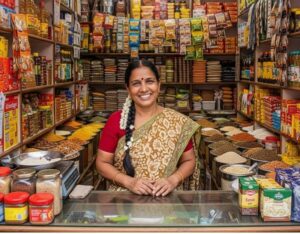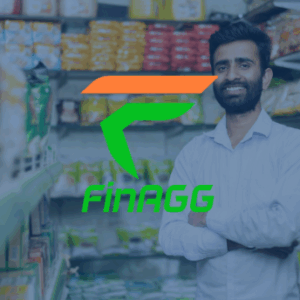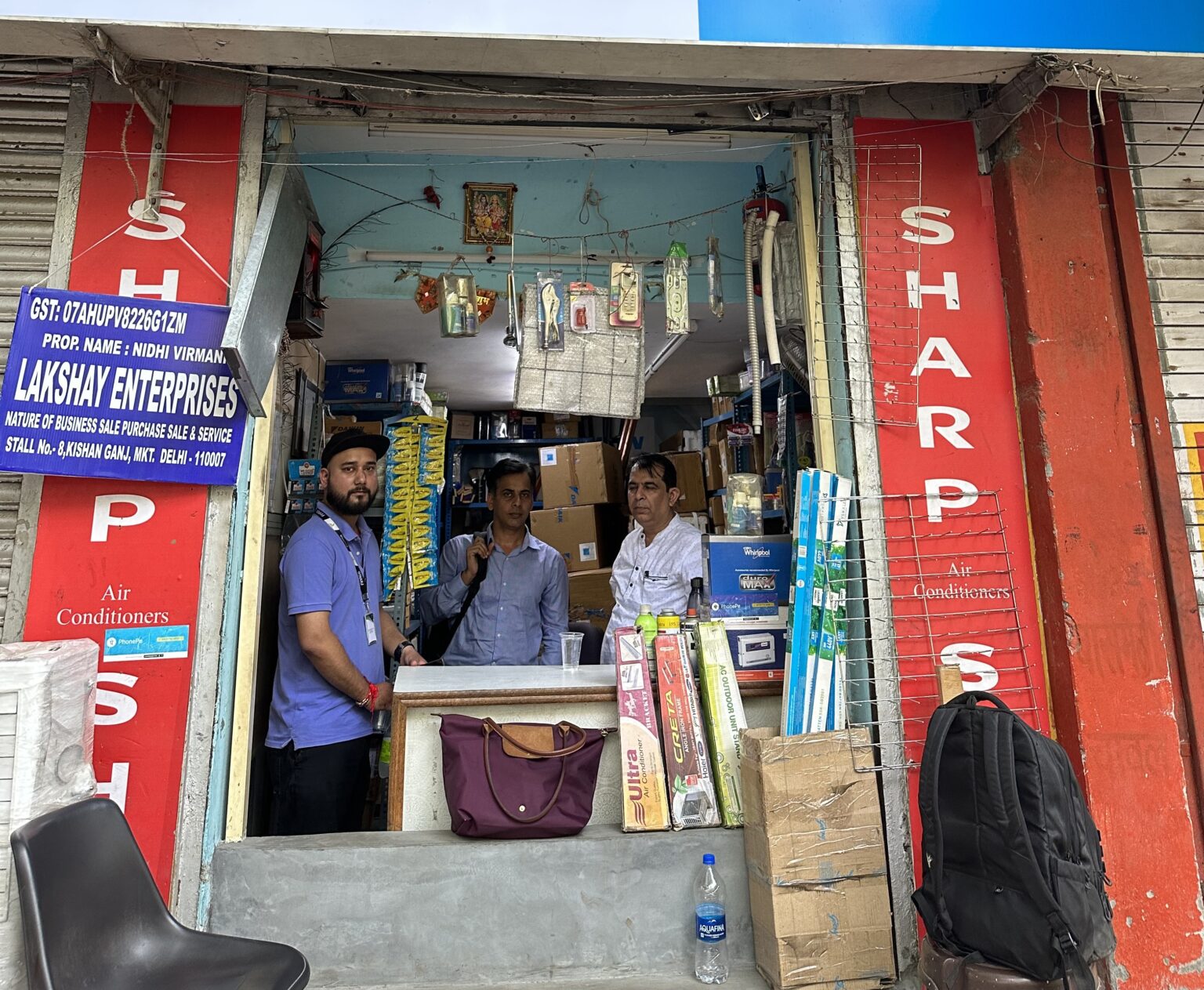In the bustling markets on the outskirts of New Delhi, many small retailers rely on makeshift flood barriers, such as cement blocks, to protect their shops during adverse weather. This illustrates a widespread problem: most small retailers lack access to formal insurance against natural disasters, largely due to high costs or limited availability.
Embedded insurance is emerging as a practical solution, integrating coverage into financial products like loans that retailers already utilise. Research indicates that bundling insurance with financing significantly boosts uptake, with projections suggesting that up to 40% of insurance could be embedded by the next decade—potentially higher for climate insurance.
In this model, suppliers or “anchors” play a key role by subsidising premiums, making insurance more accessible and strengthening business relationships along the supply chain. As a result, small retailers gain immediate access to essential protection, replacing temporary fixes with real security and enabling them to focus on long-term growth.
This case study highlights FinAGG, a pioneering leader in embedded insurance, and explores how such partnerships are creating more resilient retail ecosystems.
FinAgg: A BlueOrchard portfolio company
Our portfolio company FinAGG is transforming finance for micro, small and medium-sized enterprises (MSMEs) in India, where only 14% of 64 million MSMEs have access to formal finance. Most rely on costly, restrictive distributor funding. FinAGG is addressing this gap by embedding collateral-free, invoice based, low-cost working capital directly into the ordering ecosystem of more than 20 leading brands such as Unilever, Whirlpool, and Mars.
Leveraging anchor partnerships and India Stack, a set of open APIs and digital public goods, FinAGG uses real-time and historical transaction data to make smarter lending decisions and offer pre-approved credit limits. Funds go directly to partner brands, ensuring transparency and effective end-use monitoring. Robust risk controls – including ‘stop-supply’ agreements, AI-powered underwriting, and a strong collections team – help maintain NPAs (non-performing assets) below 1.5% p.a. The impact on the success of retailers is tangible as micro-entrepreneurs increase turnover by up to 60% with FinAGG’s support.
Innovation and technology at the core
FinAGG’s commitment to innovation and technology has made it a trusted partner to leading financial institutions. FinAGG licenses its technology to banks (including HDFC Bank – one of the world’s largest banks by market capitalisation, IDFC First, Jana Small Finance), other lending institutions, anchors, and distributors, improving efficiency across India’s supply chain finance ecosystem.
With robust year-on-year growth to March 2025 of 168%, culminating in USD 1 billion in loans disbursed, FinAGG continues to expand its portfolio and brand partnerships. Its tech-enabled revenue streams, a high operating leverage, and double-digit profit margins, distinguish FinAGG as a scalable and profitable driver of MSME growth in India.
Closing the protection gap: Insurance for micro-businesses
Research shows that while 70% of India’s MSMEs have faced serious business risks – 20% from natural disasters like floods – insurance uptake remains low due to cost concerns or distrust in claims process. As a result, most businesses rely on inadequate, informal protections.
Recognising this gap, FinAGG offers shop insurance with its loans. For a small premium of USD 1, borrowers receive USD 1,200 in coverage for floods, fire, and burglary. The insurance is backed by IFFCO-Tokyo. Today, more than two-third of FinAGG’s 142,000 customers have this embedded insurance, and adoption is increasing each quarter.
By including insurance with credit, FinAGG eliminates the hassle of separate enrolment, making it easier for customers and reducing cost for insurers. Coverage is activated automatically when a loan is given, with no extra paperwork barriers or action needed from the customer.
 A business owner who has benefited from embedded insurance is Kavita Devi, a micro entrepreneur from Moradabad, Uttar Pradesh. Thanks to an USD 850 collateral-free loan from FinAGG and partnerships with major brands like Unilever and Mars, her store’s monthly turnover has grown from USD 550 to USD 880.
A business owner who has benefited from embedded insurance is Kavita Devi, a micro entrepreneur from Moradabad, Uttar Pradesh. Thanks to an USD 850 collateral-free loan from FinAGG and partnerships with major brands like Unilever and Mars, her store’s monthly turnover has grown from USD 550 to USD 880.
Beyond the financial boost, Kavita now has the confidence to invest further in her business, knowing that her store is protected against fire, floods, and burglary – coverage automatically included as part of her FinAGG loan.
Backing success: How we support FinAGG
FinAGG’s success in embedding insurance is underpinned by BlueOrchard’s InsuResilience strategy (IIF), which, through its Premium Support Program, has enabled the seamless integration of shop insurance into loans. By bundling insurance with credit – a necessity for MSMEs – FinAGG has not only reduced costs for insurers but also helped micro-enterprises understand the value of formal risk protection. MSMEs can choose additional top-up cover based on their business needs. In the past year alone, 4,800 micro-businesses have chosen to pay additional premiums to increase their protection. These 4,800 micro-enterprises paid a collective premium of approximately USD 8,200 for a collective sum insured of USD 12.6 million. IIF also provides FinAGG with Technical Assistance, including the development of bite-sized, gamified digital content to enhance insurance and risk management literacy for customers and teams.

The combination of FinAGG’s financial and technology expertise with IIF’s support has resulted in a significant increase in beneficiaries served with climate insurance – from 1,619 in Q3 2024 to 163,095 in Q1 2025. This number is expected to continue rising.
FinAGG’s tech-driven, innovative approach is delivering robust growth and profitability demonstrating the power of inclusive finance and embedded climate insurance solutions for India’s small businesses and bringing the company closer to its bold targets of creating one million jobs and increase India’s retail SME GDP by 20%.
 Find out more about FinAGG.
Find out more about FinAGG.
